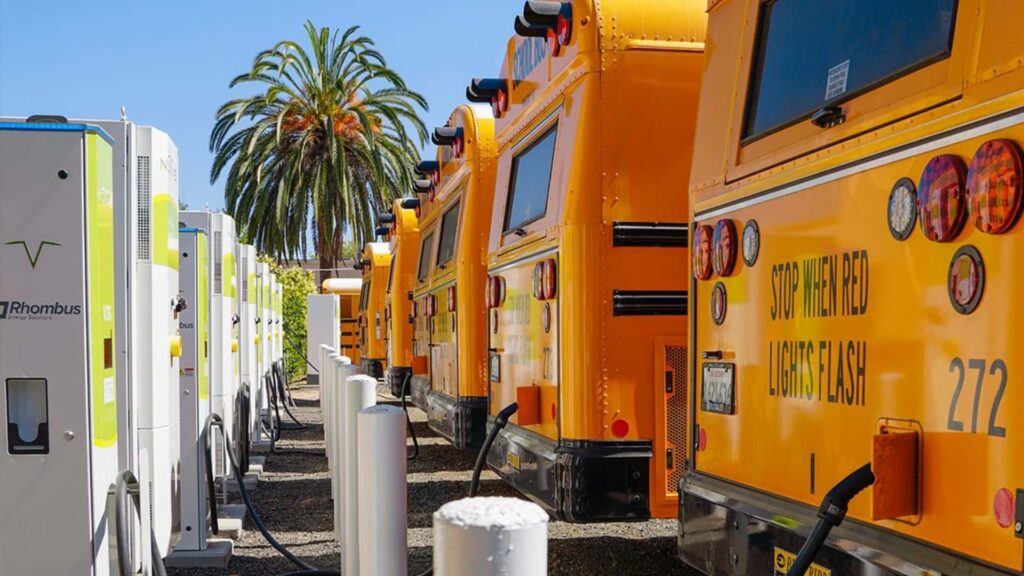The commercial electric vehicle (EV) sector is facing a challenging future due to the recent removal of tax credits and incentives that supported the transition to electrification. The impact of these changes will be felt across various industries, including fleets, such as school buses, heavy trucks, and delivery vehicles.
One significant blow to the commercial EV sector was the elimination of tax credits for vehicles with a Gross Vehicle Weight Rating (GVWR) of 14,000 pounds or more. Previously, these tax credits provided up to $40,000 in savings for fleet operators looking to purchase electric buses and trucks. Without this financial support, fleet operators, like school districts, will be less inclined to invest in electric vehicles, hindering the overall adoption rate of EVs in the United States.
Despite the challenges, some fleets have already started incorporating EVs into their operations. According to a study by Cox Automotive, about 14% of fleets surveyed were already operating some form of EV. These fleets reported higher satisfaction with the performance of EVs compared to traditional combustion vehicles, despite the higher upfront costs associated with purchasing EVs.
Manufacturers have also been stepping up to meet the growing demand for electric fleet vehicles. Companies like Rivian, GM Brightdrop, and Ram have introduced purpose-built EV models tailored to the needs of fleet operators like FedEx and Amazon. Additionally, school bus manufacturer Blue Bird has seen success with its EV lineup, receiving an $80 million grant from the Department of Energy to expand its electric vehicle production.
However, the future of commercial EV adoption looks uncertain following the removal of tax credits and incentives. Fleet operators, rental car companies, and other large buyers play a significant role in the EV market, accounting for approximately 10% of all new vehicle transactions in the U.S. Without these incentives, the transition to electric fleets may slow down, impacting not only the environment but also the companies that have invested heavily in electric vehicle technology.
While the end of tax credits may have a negative impact on the commercial EV sector, there is still hope that new car lease specials and other incentives could help buoy the market in the short term. However, without continued support and cost reductions for EVs, fleets may be less likely to make the switch to electric vehicles, posing challenges for the industry and the environment as a whole.

